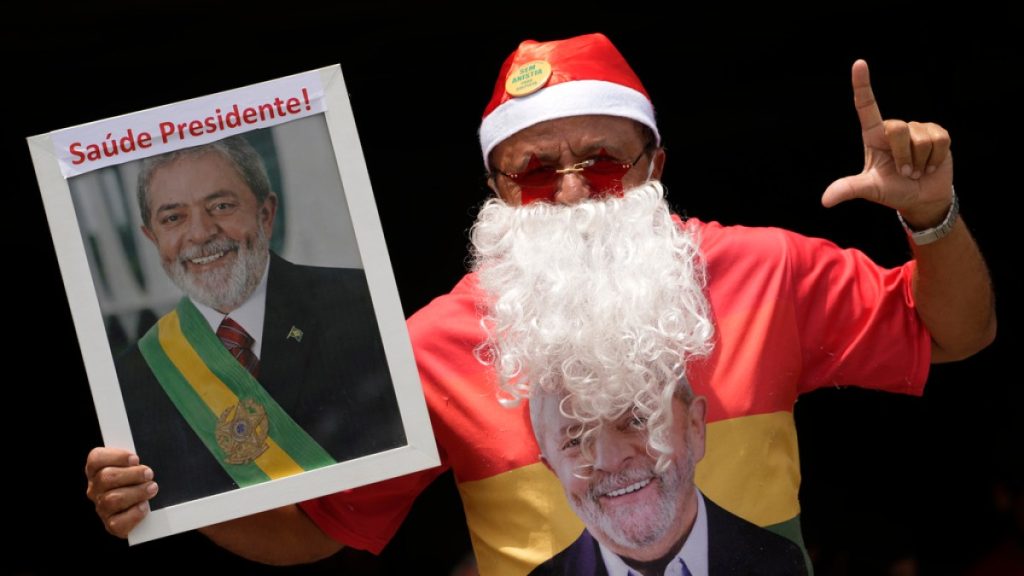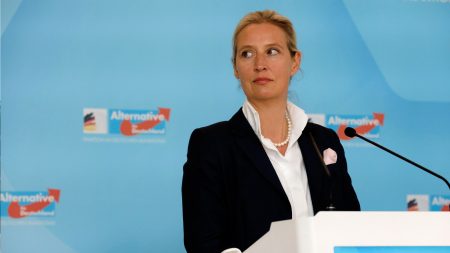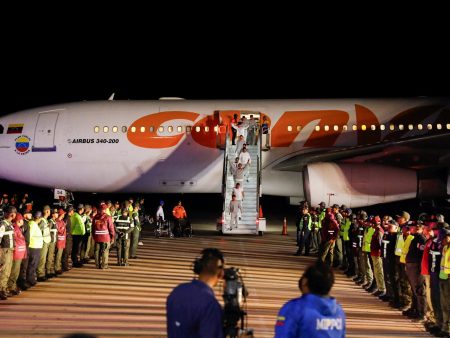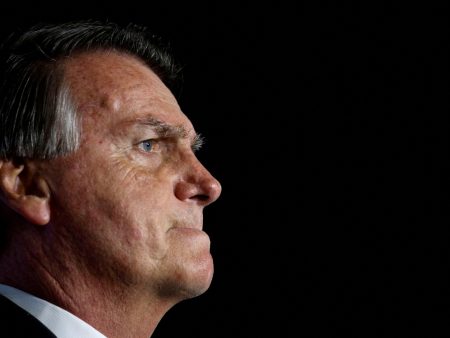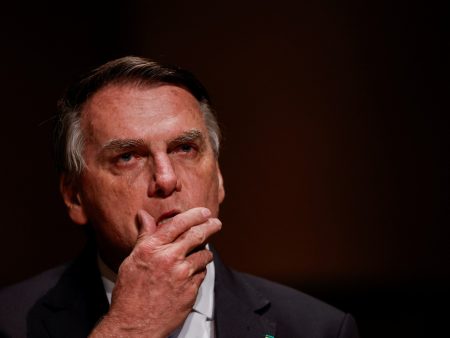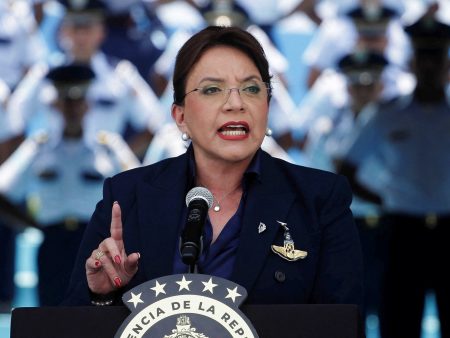Brazilian President Luiz Inácio Lula da Silva, 79, is currently recovering at the Sirio-Libanes hospital in Sao Paulo following a series of medical procedures stemming from a fall at his home in late October. The most recent procedure, a middle meningeal artery embolization, was performed on Thursday morning to address bleeding on the surface of his brain. This minimally invasive procedure involves inserting small tubes into the blood vessels to place a blockage and prevent further bleeding from the affected artery.
The embolization follows a two-hour surgery Lula underwent on Tuesday to address the initial health concerns resulting from the fall. While initially expected to remain in intensive care for 48 hours, Lula’s recovery has been remarkably positive. Doctors report that he has been lucid throughout the process, engaging in physiotherapy, walking, and receiving visits from family members. His medical team, including his personal physician, Roberto Kalil Filho, has characterized the embolization as a relatively simple and low-risk procedure, expected to last no more than an hour. The decision to proceed with the embolization was made after confirming Lula’s positive response to the initial surgery.
While the procedures have undoubtedly raised concerns about the president’s health, given his age and the demands of his office, his medical team remains optimistic about his prognosis. They anticipate a full recovery with no lasting aftereffects, expecting Lula to return to his official duties in Brasilia at the beginning of the following week. In the interim, Vice President Geraldo Alckmin has been summoned back to the capital to oversee presidential responsibilities.
Lula’s current term as president, which began in January 2023, marks his third time holding the highest office in Brazil, having previously served from 2003 to 2011. At 77 when he was sworn in, he became Brazil’s oldest sitting president, surpassing the previous record held by Michel Temer. Now, at 79, his age and recent health scare have naturally drawn attention, underscoring the physical demands placed on individuals in positions of leadership.
The outpouring of support for the popular leftist leader has been evident, with a gathering of well-wishers assembling in Brasilia shortly after news of his hospitalization broke. Among the crowd, a man dressed as Santa Claus held a sign bearing Lula’s image and the Portuguese phrase, “Saúde presidente,” expressing a heartfelt wish for the president’s good health. This demonstration of public concern and support highlights Lula’s enduring popularity and the significance of his leadership in the Brazilian political landscape.
This recent health challenge for President Lula underscores the delicate balance between the demands of high office and the importance of personal well-being, particularly for individuals in their later years. While the medical procedures and recovery period have temporarily shifted focus, the expectation is for Lula to resume his presidential duties relatively soon, continuing to navigate the complexities of leading Latin America’s largest nation. The events of the past week serve as a reminder of the human element inherent in political leadership and the shared hope for the continued health and well-being of those entrusted with such responsibilities.




